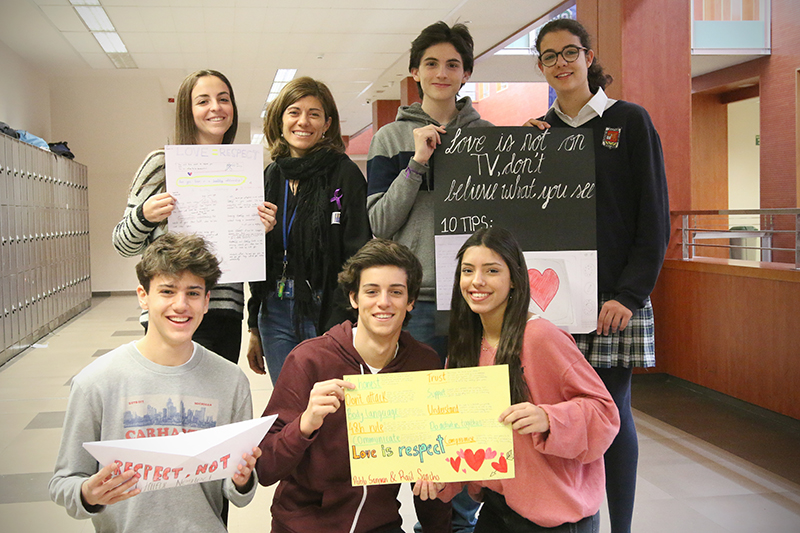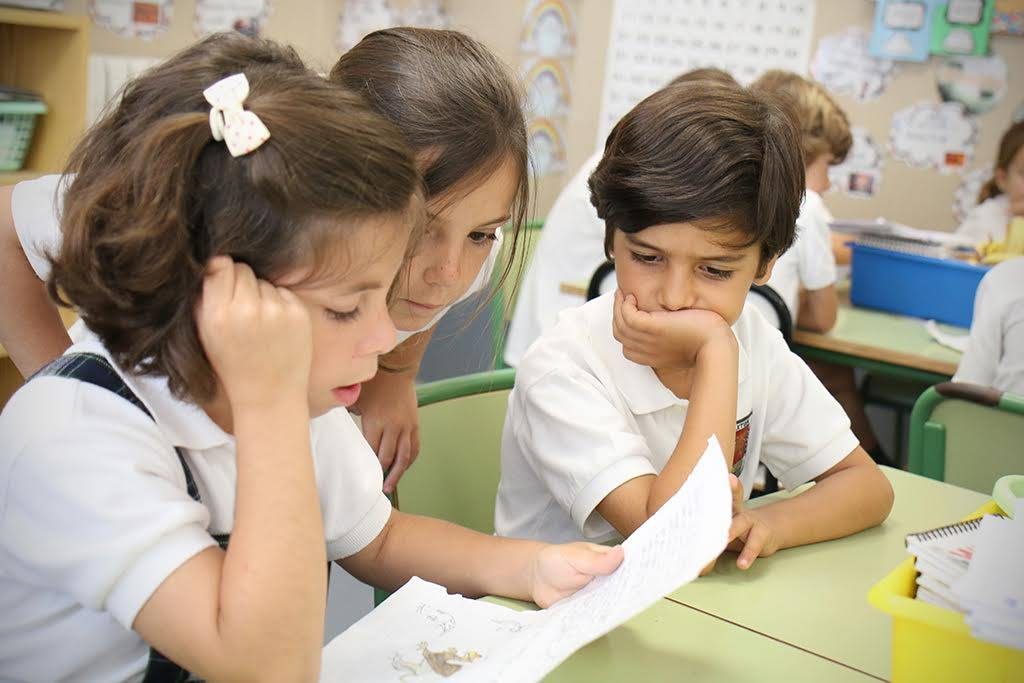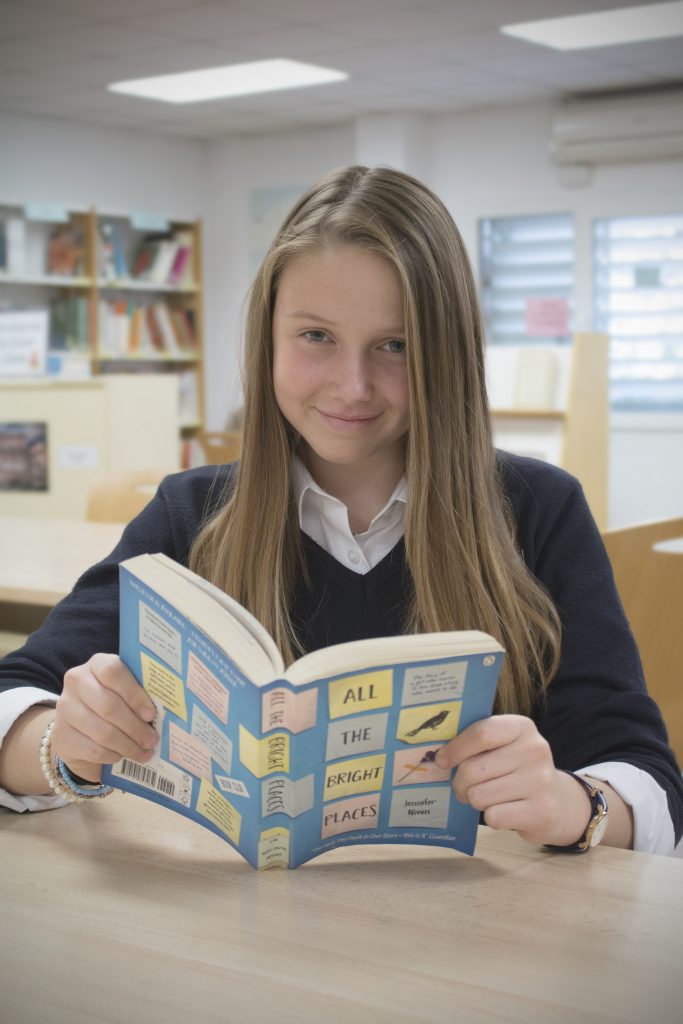
Salud, relaciones sociales, deporte, naturaleza, hobbies e idiomas, todo un cóctail de actividades lúdicas para que los jóvenes de cualquier edad se refresquen tras el curso académico.
¿Por qué es aconsejable que los más pequeños de la casa acudan a un campus de verano al finalizar su curso académico? Hay muchas razones, pero entre ellas, una de las principales es que les ayuda a conocer nuevos lugares, nuevas amistades y a emprender nuevas actividades que les ayudan a salir de su zona de confort. Así mismo, este tipo de experiencias en periodo vacacional son recomendables porque con ellas se evita la rutina doméstica y las largas jornadas donde la tecnología, en la mayoría de las ocasiones, termina siendo la protagonista y un hábito común poco saludable para los jóvenes.
Aprendizaje
Los profesores, monitores o entrenadores de un campus de verano, sea cual sea la su especialidad, deben sentirse con la obligación de garantizar que sus alumnos aprendan y asimilen nuevos conocimientos sin que sean conscientes. Para ello tienen que apostar por un aprendizaje lúdico y creativo a través del juego ya que éste es el mejor vehículo para que el alumno participe activamente y se sienta motivado. De este modo, asimila conceptos de manera sencilla y sin demasiado esfuerzo, ya que este tipo de aprendizaje fomenta principalmente la investigación, la autonomía y la cooperación. Si, por ejemplo, el campus está centrado en el aprendizaje de idiomas, los profesores deben ser creativos y aplicar fórmulas educativas lúdicas ligadas a la música o a la lectura de cuentos, puesto que son herramientas alternativas muy útiles para atraer su atención y que memoricen nuevos conceptos de manera amable.
Naturaleza
Potenciar actividades en espacios abiertos y complementarlas con las clases en aulas es un modelo de campus muy interesante para los alumnos. Promover una relación saludable con el medioambiente a través de los juegos didácticos es un factor de enorme importancia en el desarrollo intelectual y emocional de los alumnos. Por tanto, con actividades que miran hacia el medio ambiente, en un entorno adaptado a sus necesidades, se consigue que los alumnos exploren nuevos territorios didácticos de manera atractiva y eficiente.
Espacios saludables
Además de contar con actividades abiertas al aire libre, es muy importante que a los alumnos se les invite a practicar hábitos saludables en cualquier momento del día. El desarrollo de actividades deportivas y de buenos hábitos nutricionales son fundamentales en el día a día, por lo que es favorable que el campus de verano cuente con un criterio firme en estas materias ya que ambos factores van a ser medulares para el crecimiento, la salud y el bienestar integral del alumno.
Entorno multicultural
Resulta muy interesante para los alumnos que el campus ofrezca un ambiente internacional donde jóvenes de diferentes países convivan e intercambien ideas durante su estancia. Este tipo de relaciones ayuda a romper estereotipos culturales y contribuye a que se sientan ciudadanos globales.
Entre los colegios e instituciones que desarrollan campus de verano, siguiendo muchas de las recomendaciones arriba expuestas, se sitúa el Caxton College:
https://caxtoncollege.com/campus-y-cursos-de-verano/cursos-de-vacaciones/
The many benefits of Summer Camps
Outdoor activities, making friends, doing sports, enjoying nature, learning hobbies and languages… a whole range of educational activities is available for young people of any age to refresh their minds and bodies when the academic year has finished.
Why is it so widely recommended for the youngest members of the family to attend a summer camp at the end of the academic year? There are many reasons, but some of the main ones are that a summer camp helps them to discover new places, make new friends and try out new activities that will take them out of their comfort zone. Also, this type of holiday experience is advisable because it prevents them being bored at home during the long, summer days, and stops technology from turning into the main protagonist, thus becoming an unhealthy habit for the vast majority of young people.
Learning
The teachers, instructors or coaches at a summer camp, whatever their specialty, should see it as their duty to ensure that their students learn and assimilate knowledge almost without realising it. To this end, they need to opt for playful, creative learning through the use of games, since these are the best way for students to actively take part and feel motivated. By using play, they can assimilate new concepts simply and effortlessly, since this type of learning above all promotes research, autonomy and cooperation. If, for example, the campus is focused on language learning, teachers should be creative and apply educational techniques linked to music or storytelling, as these are useful tools to attract a child’s attention and help him/her to memorise new concepts in a fun, pleasant way.
Nature
Developing activities in the open air and complementing them with lessons inside the classrooms is an excellent style of campus teaching for students. Promoting a healthy relationship with the environment through didactic games is a factor of enormous importance in the students’ intellectual and emotional development. Therefore, through activities focussed on the world around them, in a safe environment adapted to their needs, students can explore new didactic territories in an attractive, effective way.
A healthy environment
As well as including many open-air activities, it is very important for students to be encouraged to practise healthy habits throughout the day. The development of sporting activities and good nutritional habits are essential to their daily lives, so a good summer camp must have firm criteria in these areas, since both are going to be fundamental for the students’ growth, health and all-round well-being.
Multicultural environment
It is very beneficial for students to attend a campus that offers an international environment, where young people from different countries can meet and exchange ideas during their stay. This type of relationship helps to break down cultural stereotypes and makes the students feel like truly global citizens.
Among the schools and educational centres that offer summer camps, one that meets with all the recommendations and requirements outlined above is the Caxton College:
https://caxtoncollege.com/en/summer-course/summer-school/















